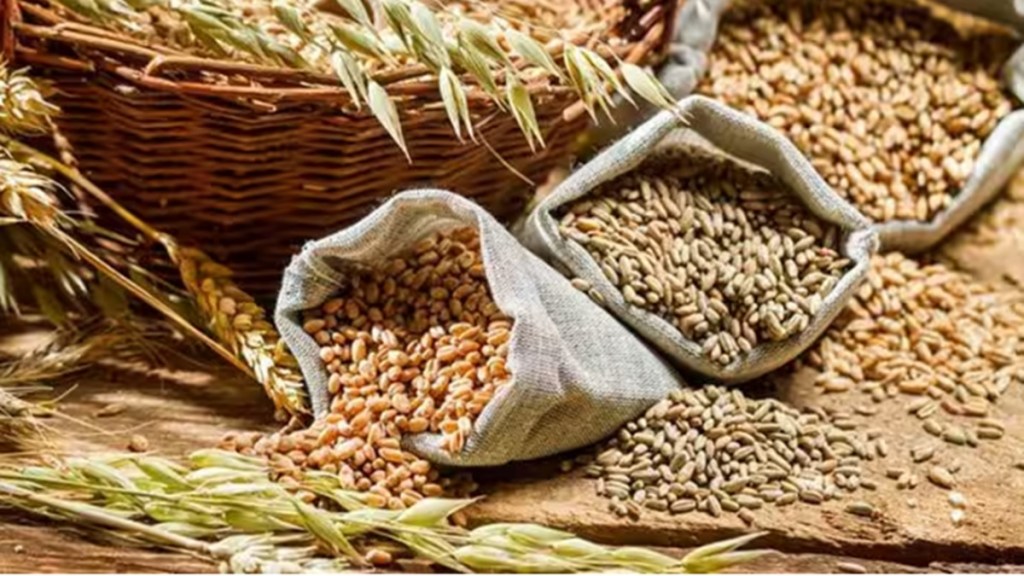The finance ministry has released Rs 70,000 crore towards food subsidy expenses in the first half of the current fiscal to the Food Corporation of India (FCI), via which 70% of the subsidy funds are routed.
The government had assessed the required fund support to FCI for the current fiscal at Rs 1.37 trillion.
This allocation in the first half, according to officials, is adequate to meet expenses towards grain supplies under the free ration scheme by the corporation.
For the first time in the many years, the FCI has not availed the provision of short-term credit to meet its operational expenses in the current fiscal year, due to timely release of funds towards food subsidy expenses.
“The finance ministry has been releasing subsidy expenses amounts virtually on a weekly basis and thus there is no reason to avail short-term loans which was a norm a few years back,” a food ministry official told FE. The outstanding short term loans of FCI had declined from Rs 41,226 crore in FY19 to only Rs 3,000 crore by the end of FY23.
In addition, selling of more than 2 million tonne (MT) of wheat so far under the open market sale scheme has helped lowering grain stocks and increase fund flows.
Due to discontinuation of Pradhan Mantri Garib Kalyan Anna Yojana (PMGKAY) from December 31, 2022 under which additional foodgrains of 5 kg each to 800 million beneficiaries were provided since April, 2020, the subsidy burden in the current fiscal has reduced significantly.
The PMGKAY had cost the exchequer a massive Rs 3.4 trillion for the full tenure of the scheme.
Officials said of total borrowing of FCI at Rs 40,725 crore by the end of September, Rs 36,700 crore worth of bonds which are payable during 2028-30 is a part.
The corporation has received Rs 7800 crore as wage and means advances by the government in the current fiscal. Out of the sanctioned cash credit limit of Rs 6000 crore for current fiscal, FCI has availed on Rs 828 crore so far.
The Centre since January this year has been providing foodgrains free to states under PMGKAY or erstwhile National Food Security Act (NFSA). The scheme is likely to be extended beyond December, 2023.
According to budget estimates, FCI’s economic cost which includes minimum support price (MSP) to farmers, storage, transportation and other costs of rice and wheat for 2023-24 is Rs 39.18 and Rs 27.03/kg, respectively.
The annual cost to the exchequer for providing free grains under NFSA is estimated at Rs 1.97 trillion for 2023-24. The centre allocates funds under food subsidy to FCI and states following a decentralised procurement model.
The corporation has been relatively comfortable in recent years with the cash position as the government promptly released food subsidy amounts, after the practice of taking National Small Saving Fund (NSSF) loans for subsidy financing was stopped in the FY22 Budget for the sake of fiscal transparency.
FCI procures and distributes more than 60 MT of wheat and rice annually. The corporation manages procurement, storage and transportation of rice and wheat to states for distribution, mainly for the NFSA and other welfare schemes.


